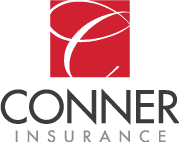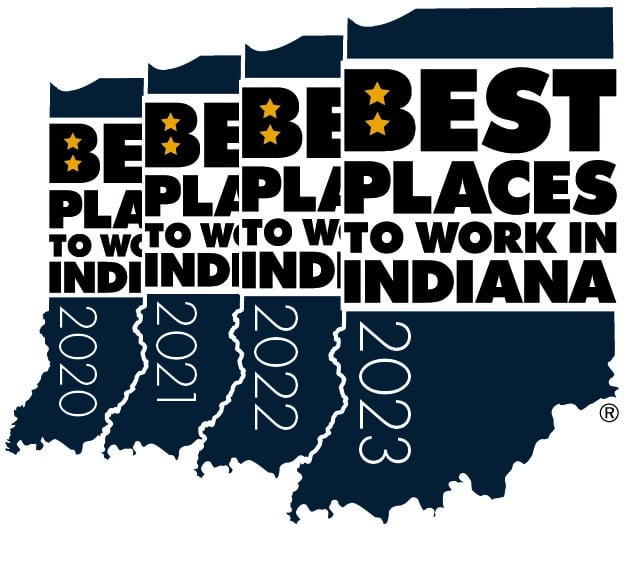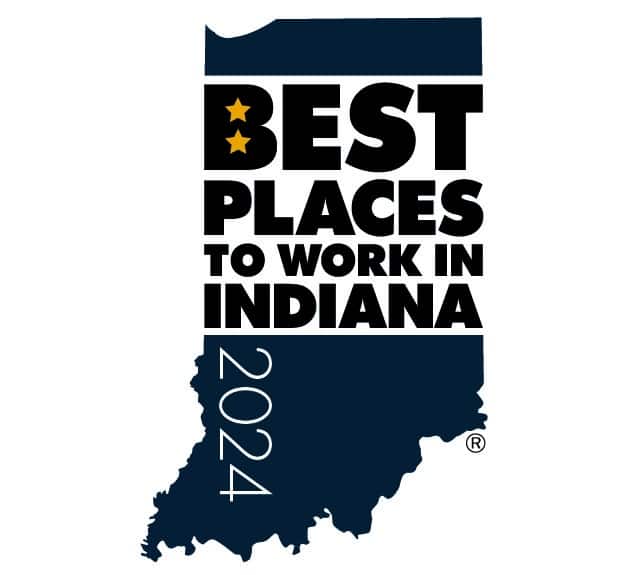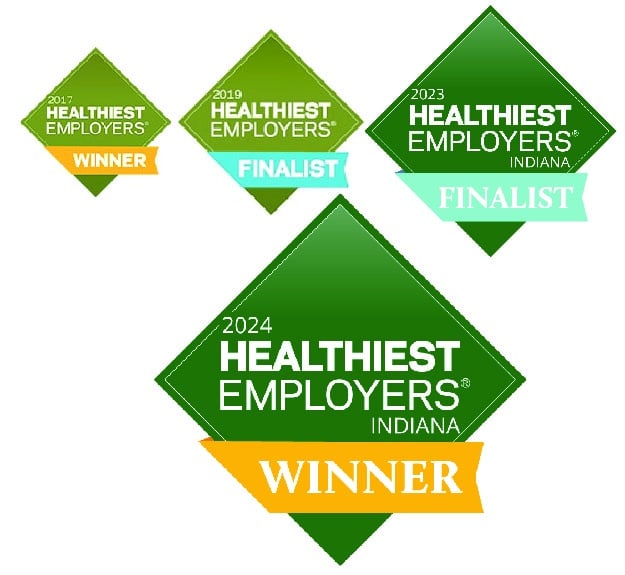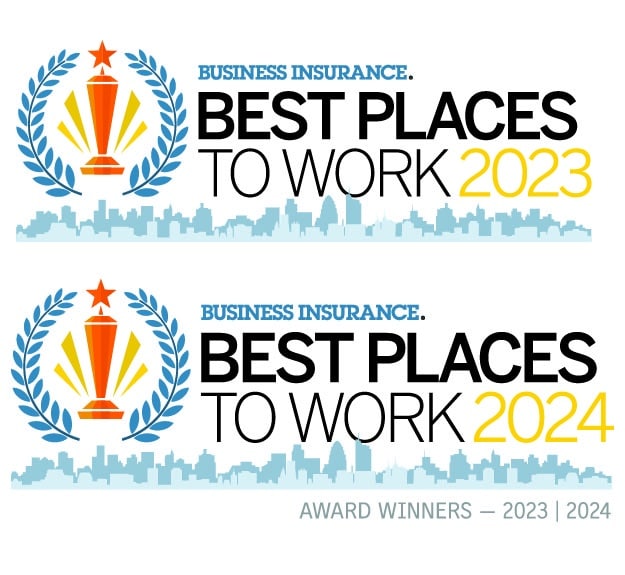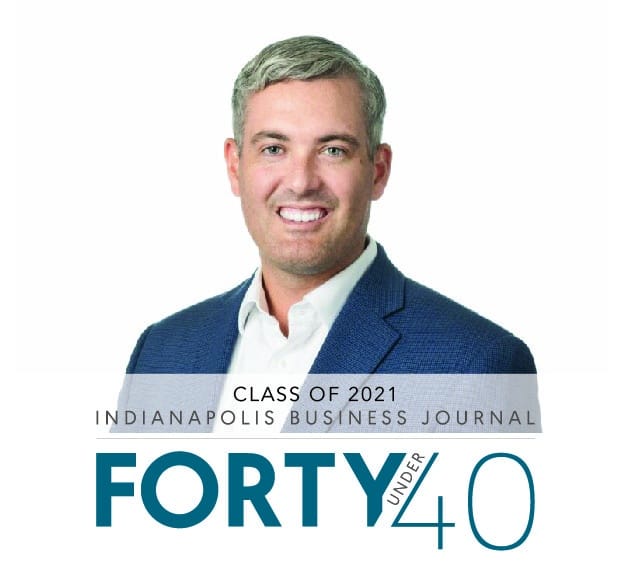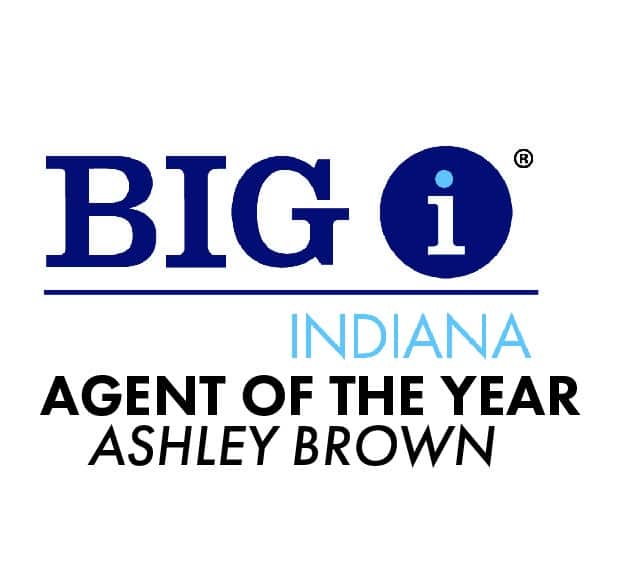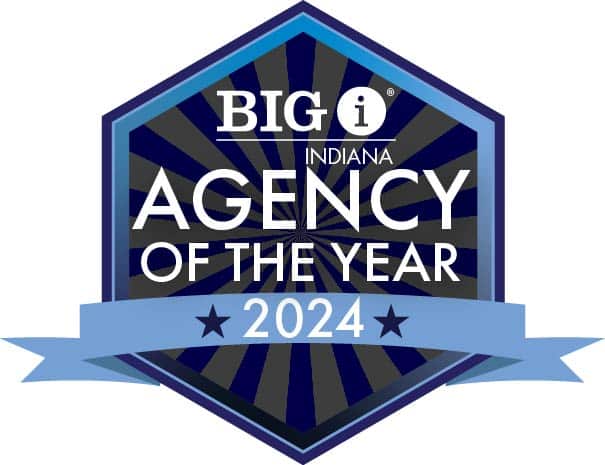What to do After Storm Damages
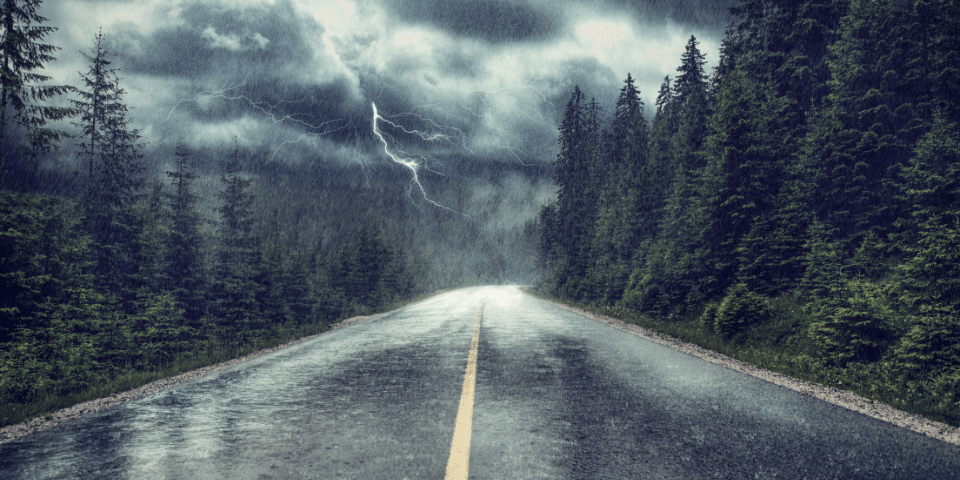
What to do after storm damages. While warmer weather is always a welcome reprieve from the harsh winter cold, it also signifies a risk to policy holders. Typically Spring and Summer means picnics in the park, swimming, evening walks, and star gazing; it also means severe weather can happen anytime day or night. Conner Insurance would like to help you and your family be prepared during severe weather as well as help you navigate the next steps if storm damage occurs. Just another way we are helping protect the livelihoods of our policy holders.
We reached out to a well-known weather forecaster for Weather for ALL Hoosiers to get his take on what it means to be weather aware and what to do if severe weather shows up at your doorstep. Below are some tips to be weather prepared and weather aware during the Spring and Summer storm season.
9 SAFETY TIPS
- Know where your safe spot is in your home. You want a spot without windows on the lowest floor of your home. Have as many walls as possible between you and your home’s exterior. You want to make sure it is away from any clutter.
- Know where your safe spot is at work. If areas aren’t marked, ask.
- If you are out and about when severe weather is expected, be conscious of your surroundings.
- If you spot a tornado while driving, drive away from it at a right angle. For example, if it is moving northeastward, you should drive northwest or southwest.
- Any local media outlet should have access to warnings and be communicating the local weather threat in real time. Following your local news station is best practice.
- Always have your cell phone charged when severe weather is expected.
- Having a weather radio is a great investment for your home. A Midland All Hazard Weather Radio can be found in most big box or online shops and costs between $30-$40.
- Many Tornado warnings are now radar indicated so take ALL warnings seriously to protect yourself and your family.
- Beware of driving on flooded roadways.
While some of these tips may seem to be overused, you can never be overly prepared for severe weather.
WHAT TO DO AFTER STORM DAMAGES
The question now remains, what you do if you find yourself having storm damage especially when it is overnight or on the weekend when offices are closed.
- First, familiarize yourself with who your home and auto carriers are. This is important to know in case you are unable to access the information after a storm. Most carriers have their toll-free numbers listed on the internet and have 24-hour claims reporting.
- Secondly, if you have the capability to mitigate your damage through a restoration company to help prevent further damage from a storm, there are several available across the country. You can find the closest one to your location by searching for restoration companies. They are always the first line of defense to help prevent further damage to your home while waiting for the adjuster to contact you.
- Thirdly, keep any and all receipts that would be related to your damage. This is helpful to make sure that the insurance carrier can reimburse you for any expenses related to your claim.
- Finally, if you end up having any questions or issues with your claim, our office is more than happy to assist you with these issues to make sure you get the best outcome for your claim.
The weather is hard to predict when it might show up at your home. Conner Insurance hopes these tips help to keep you and your family safe this Spring and Summer. We also hope that these tips on what to do after the storm help to expedite getting your life back to normal as quickly as possible after a storm.
REACH OUT FOR MORE INFORMATION
At Conner Insurance, our specialized skills and more than 70 years of experience help us deliver the coverage you need. We offer benefits programs, commercial coverage, and personal coverage. Contact us at (317) 808-7711 to speak to one of our advisors. Located in Indiana, we serve the whole state including Indianapolis, Fort Wayne, Carmel, Noblesville, Westfield, Fishers, Brownsburg, and Evansville, as well as provide insurance and benefits to all fifty states.
